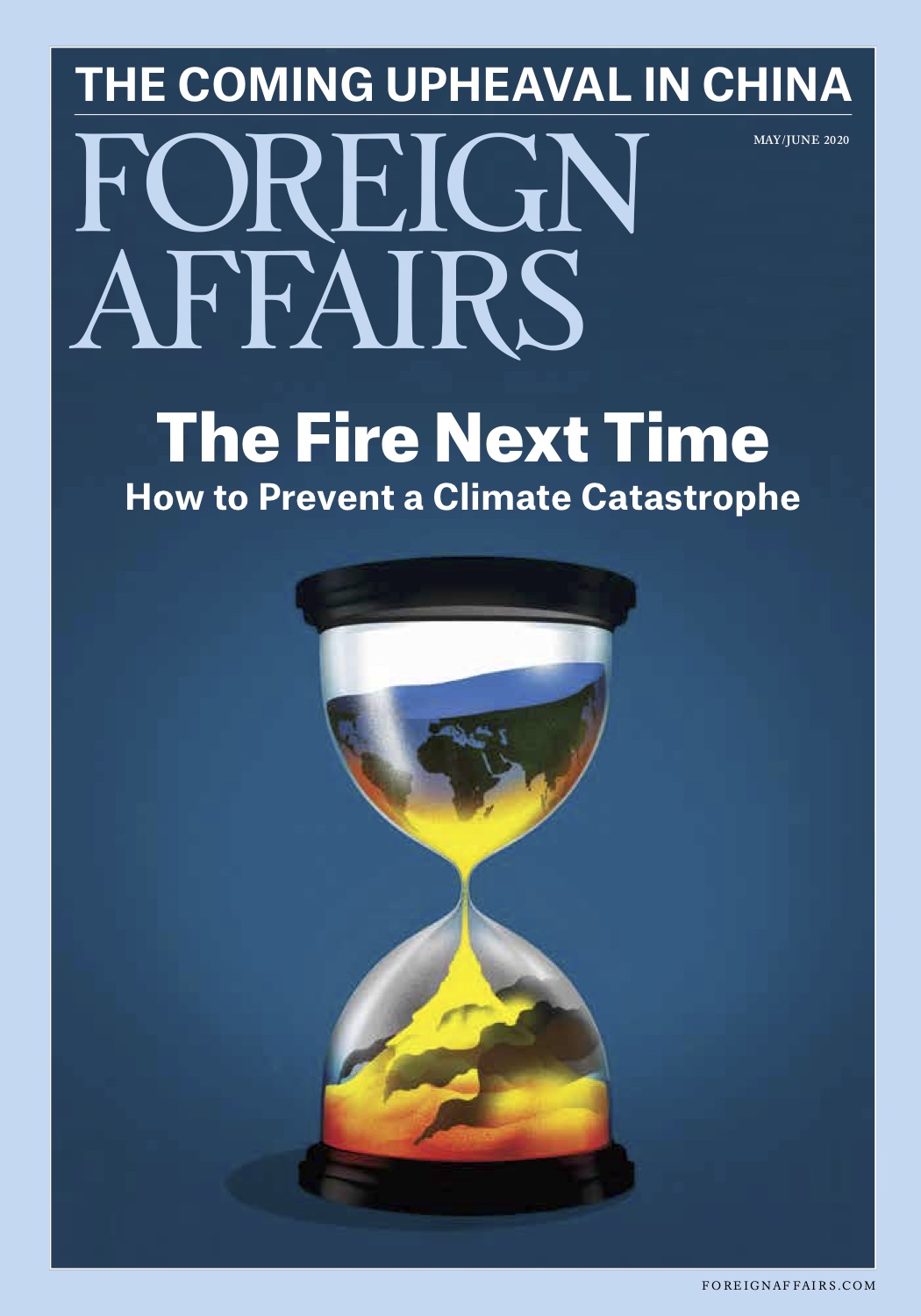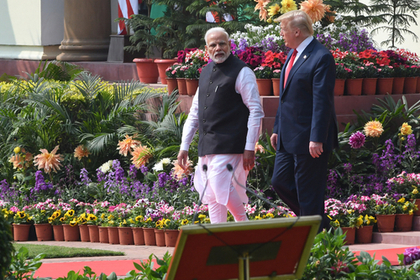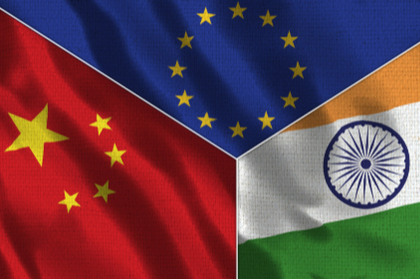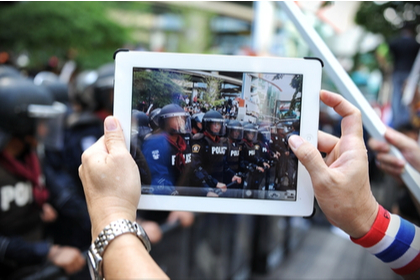Global spread of remote working solutions
COVID19 has forced a sharp increase in the adoption of remote working solutions across the world. Zoom’s daily participants have risen from 10 million in December 2019 to 300 million in April 2020. Microsoft Teams’ daily active users have risen by 70% in the two months since March 2020. ‘Work from home’ may well be the norm for the foreseeable future. A look at the global proliferation of the top 26 online apps to date.











